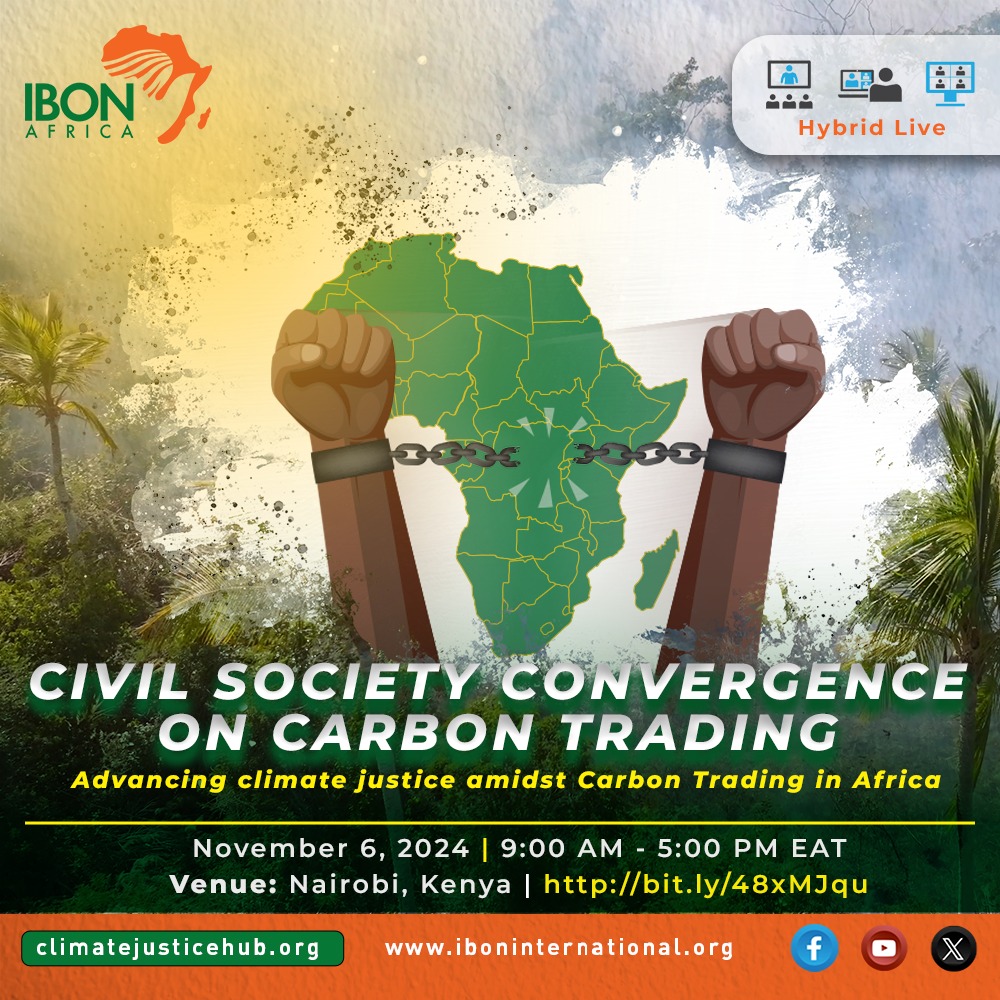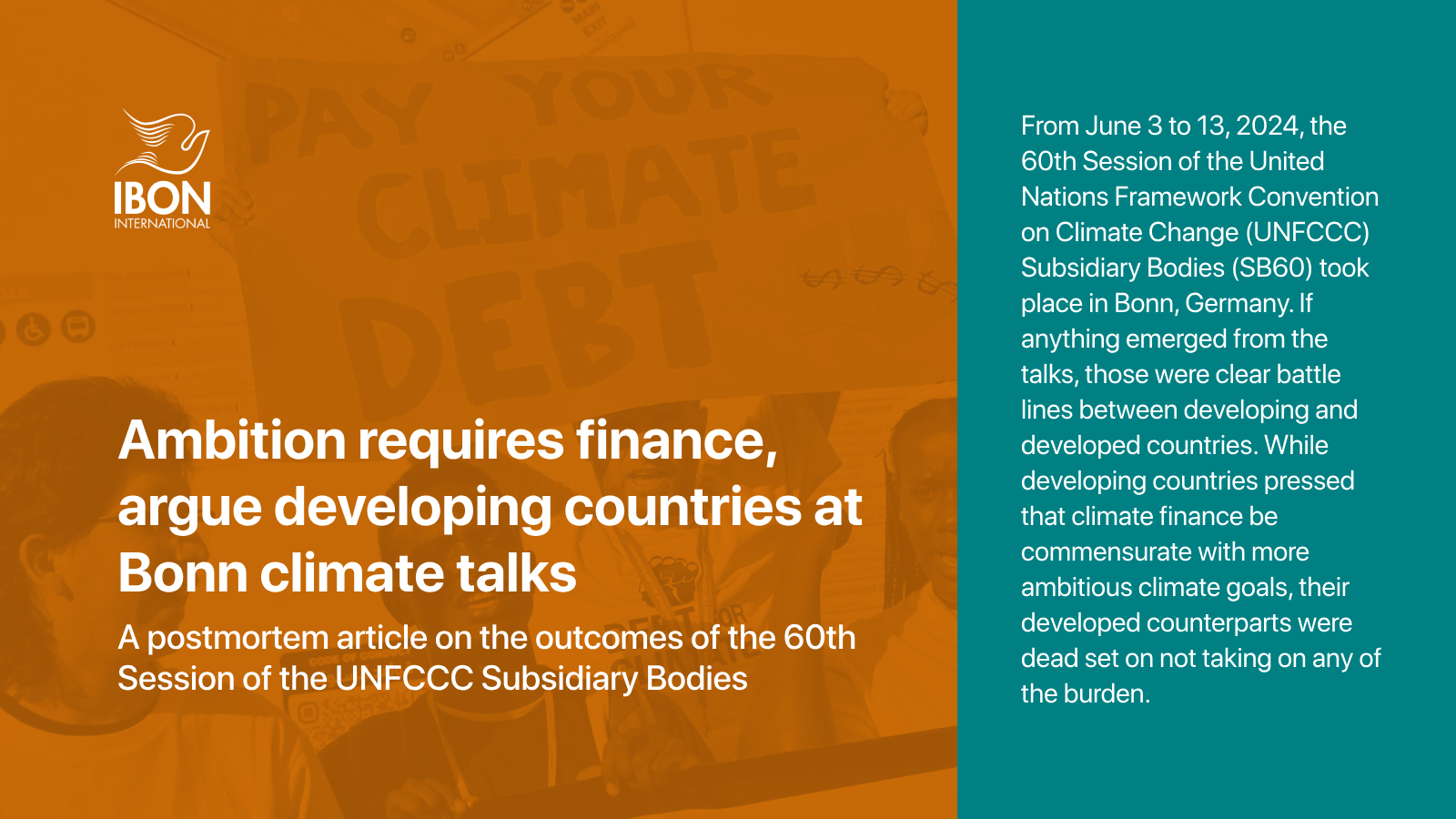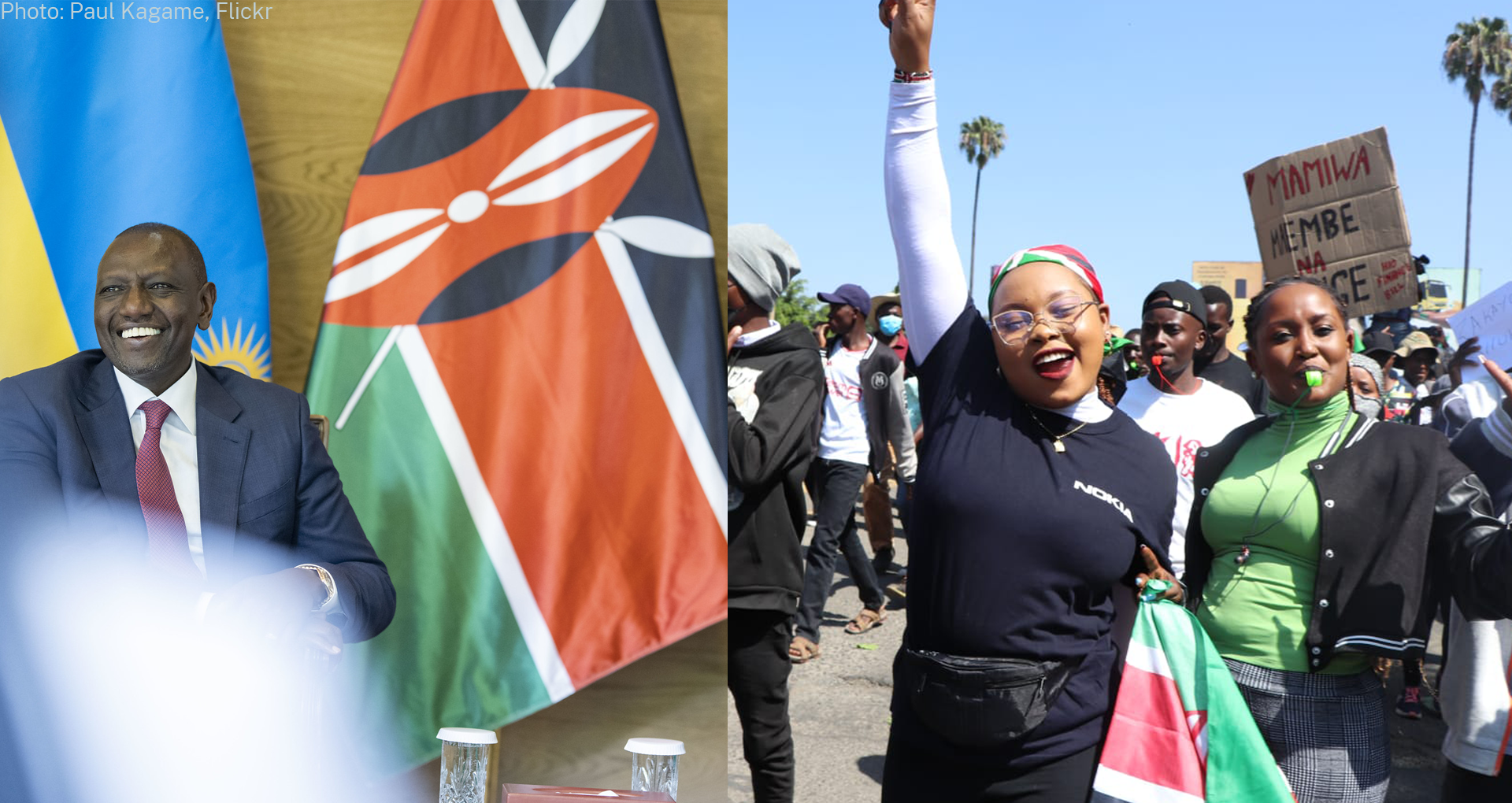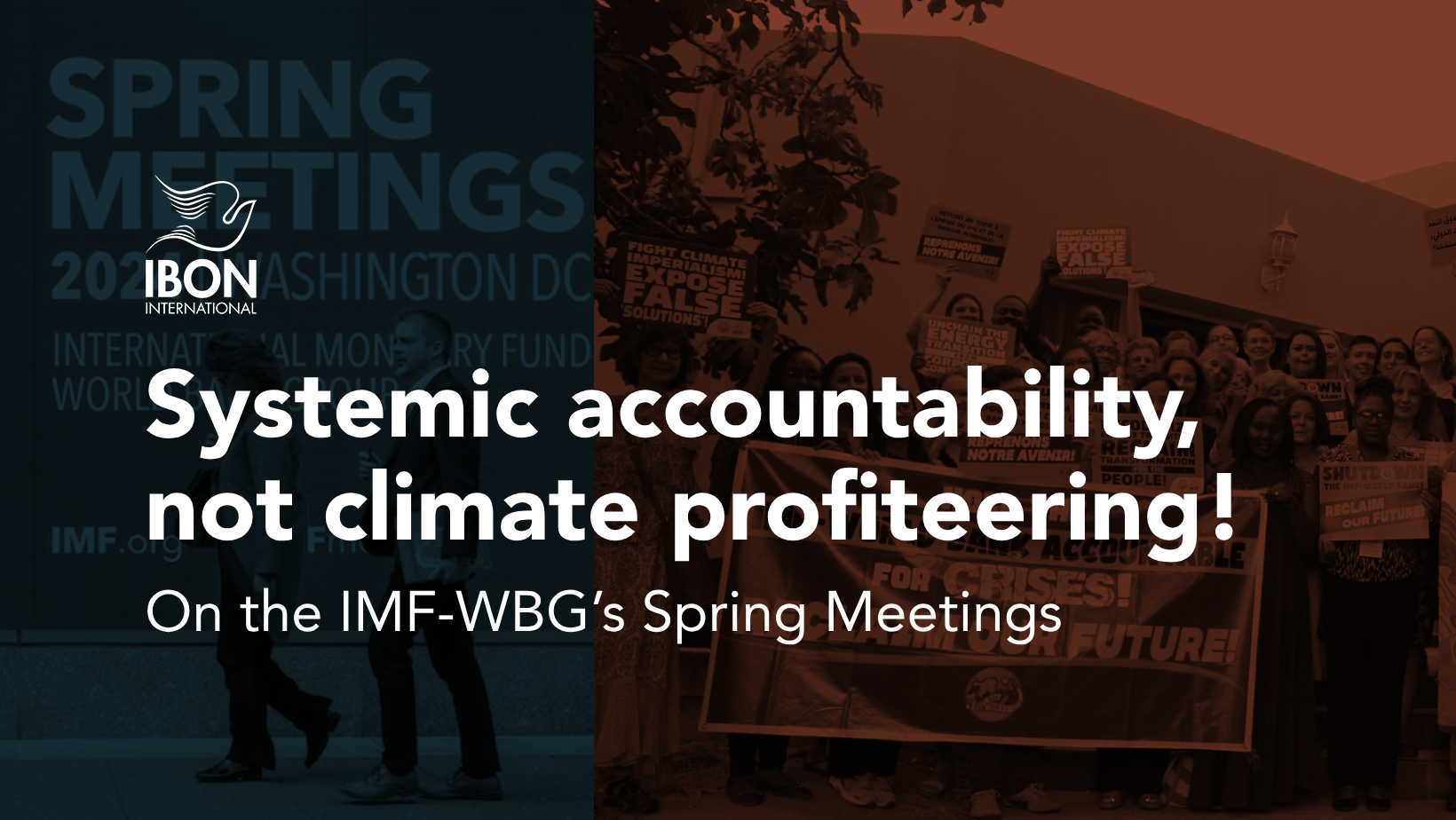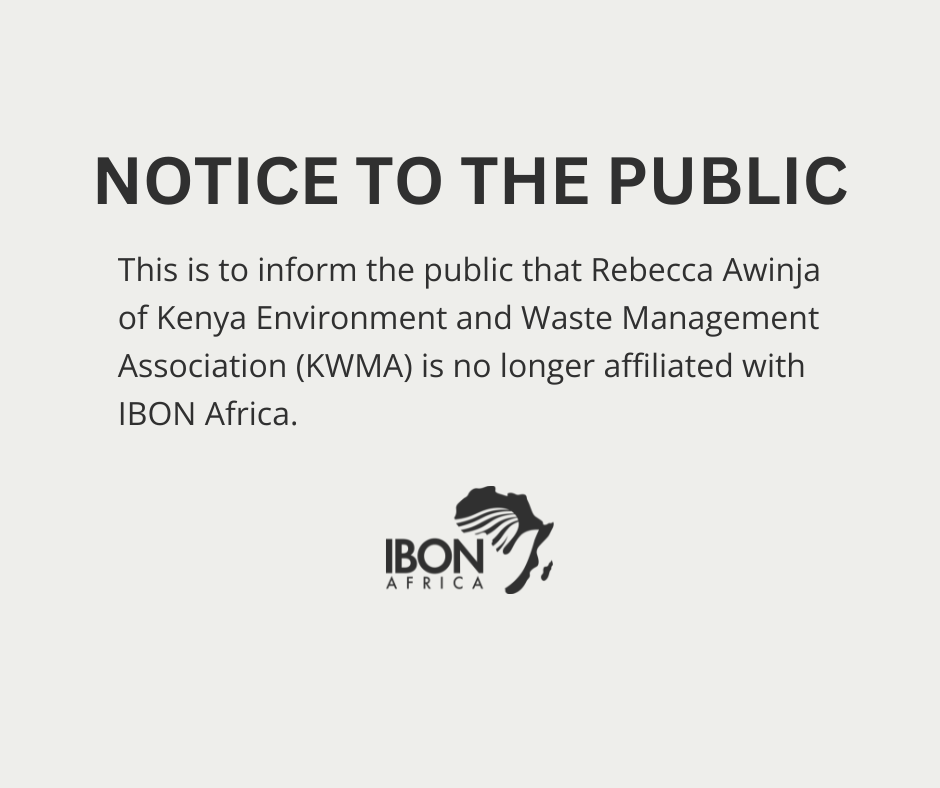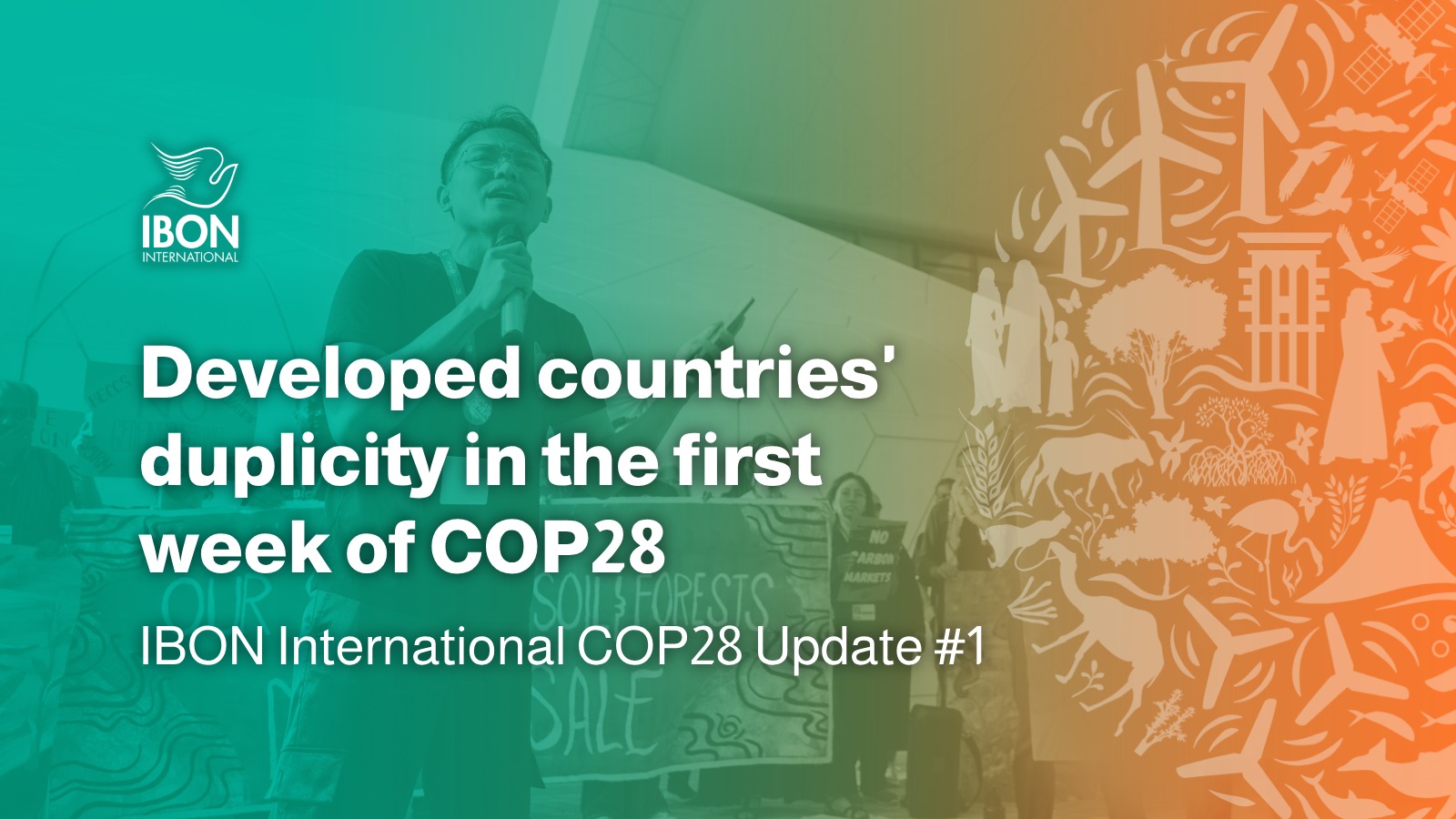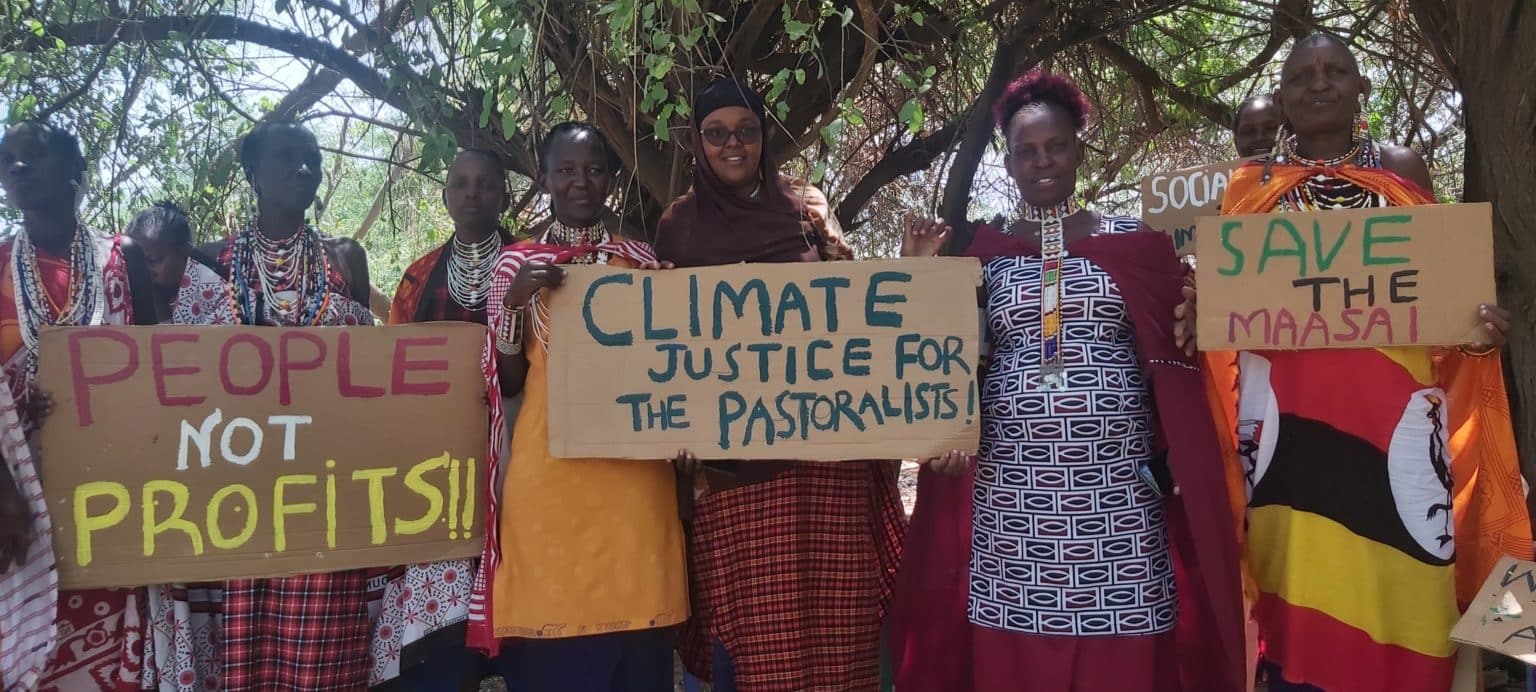In May 2016, former President Uhuru Kenyatta introduced the Climate Change Act, the first of its kind in Africa. It was designed not only to establish mechanisms and strategies for supposedly achieving low-carbon climate development, but also to mainstream climate change as a central agenda in the development process. The legislation was enacted as a response to a need for a regulatory framework that could address climate change more effectively, especially in the face of challenges, such as severe drought affecting millions of Kenyans.
Against the backdrop of Kenya hosting the Africa Climate Summit and Africa Climate Week, policymakers passed the Climate Change (Amendment) Bill of 2023. Set to take effect on September 15, 2023, the bill represents a significant addition to the Climate Change Act of 2016 as Kenya strives to fulfil its commitments under the Paris Agreement. The Act brings forth alterations, especially concerning the execution of Article 6 of the Paris Agreement that focuses on market-based mechanisms for climate mitigation, including emissions trading and the creation of carbon markets. These modifications encompass specific clauses that pertain to the supervision and participation in carbon markets, highlighting certain conditions and limitations within the bill.
While the primary objective of Kenya’s 2016 Climate Change Act is to establish a legal framework for the efficient management and response to climate change, there are growing concerns over promotion of market-based mechanisms that advance corporate interests at the expense of people and the environment. Furthermore, the recent amendment process was highly criticised for its lack of transparency and democratic participation, especially of indigenous and other marginalised communities. The amendment bill was railroaded and enacted into law by President William Ruto ahead of the Africa Climate Summit.
ISSUES OF CONCERN IN THE AMENDED ACT
The amendment bill was sponsored by the Majority Leader Hon. Kimani Ichung’wa and briefed the National Assembly Committee on Environment, Forestry and Mining chaired by Hon. David Gikaria seeks to provide for regulations of carbon markets.
- Promotion of false solutions and commodification of the environment and natural resources.
Carbon markets are systems that allow entities, such as companies or countries, to buy and sell carbon credits, which allows them to emit more greenhouse gases. The recent introduction of carbon markets in Kenya, as facilitated by the amendment act, has ignited debates. While proponents argue that they can incentivise emissions reductions, civil society raises concerns that these markets are false solutions, and do not really combat the pressing climate crisis. Instead, carbon markets only allow global North corporations and industries to continue emitting greenhouse gases while buying offsets elsewhere, often in global South communities. This approach spreads environmental injustice by burdening disadvantaged communities with the harmful impacts of pollution and climate change, while wealthier entities purchase their way out of responsibility.
For example, the Olkaria II Unit 3 Geothermal Project is the first project to issue Certified Emission Reductions (CERs). The expansion of the project costs USD 100 million, and is funded by the European Investment Bank (lent USD 40.8 million/Ksh 303 billion), International Development Association (lent USD 27.6 million/Ksh2.2 billion), French Development Agency (lent USD 20 million/Ksh 1.6 billion), and Kenya Electrical Generating Company, which contributed the rest. While the project reportedly expanded Kenya’s capacity in renewable energy, its host community, the Maasai, faced massive displacement and repeated relocations as the geothermal project was being developed and expanded. The Maasai Community who are pastoralists have lost their land, which is central to their livelihoods, to the so-called development project.
The current carbon markets have often fallen short of delivering meaningful emissions reductions, and have been plagued by issues such as offset projects of questionable effectiveness and environmental justice concerns. The implications for Kenya could include a potential continuation of unsustainable practices, increased vulnerability to climate impacts, and a missed opportunity to pursue people-centred climate actions that put people and the planet before profits.
Instead of relying on market-based mechanisms, we should prioritise 1) direct emissions reductions, 2) investing in renewable energy, and 3) adopting equitable, just and people-centred policies that address the root causes of climate change.
- Lack of public participation
Despite the Act’s initial emphasis on public participation, the recent amendments sailed through without giving due regard to the very public it aims to serve.
The government issued a call to the public, inviting them to actively participate in the review of proposed climate change amendments and to submit their recommendations. However, despite the numerous responses from concerned citizens and various stakeholders, concerns have been raised that the submitted recommendations were not incorporated in the amendments. Relevant stakeholders, especially CSOs, have questioned the sincerity of the public engagement in the public participation process.
IBON Africa underscores the vital role of fostering a deeper understanding of the Act’s provisions to promote inclusivity and accountability in decision-making processes. It is essential for the public to engage actively in shaping these policies, as this not only enriches the legislative framework but also ensures it reflects the diverse perspectives of Kenyan communities. Public participation lies at the core of democratic governance. It empowers the most impacted groups and communities—those at the forefront bearing the brunt of the climate crisis—to collectively assert their rightful access to land and natural resources as sources of their food, livelihood, culture, and identity, all impacted by the climate crisis.
It will continuously be jeopardised if not protected and if it is sold off in the name of profit and corporate interests.
- Elimination of nomination requirements to the Climate Change Council
Within the array of the recent amendments of the Act, there was a strategic move by policymakers to eliminate the nomination requirements for specific positions. These positions include:
- The representative of the private sector, traditionally nominated by the body representing the largest number of private sector institutions;
- A representative of civil society, nominated by the most influential registered national umbrella association of civil societies working on climate change;
- A representative of marginalised communities, as defined by Article 260 of the Constitution, possessing expertise in indigenous knowledge;
- A representative of academia, typically nominated by the Commission for University Education.
The policymakers justified their actions by promising smoother operational pathways. However, this manoeuvre has sparked concerns over inclusivity, non-discrimination, the safeguarding of marginalised communities, transparency, and accountability. These alterations threaten representation of civil society and marginalised communities, which could also undermine the very essence of the Act’s original commitment to being “people-centred”.
The Climate Change Act sets up the National Climate Change Council tasked with overseeing climate action in the country. This council is presided over by the President and his deputy, and it includes nine additional members. Out of these nine, four are chosen from the Directorate of Climate Change, while the nomination criteria for the remaining five external stakeholders have been eliminated. This alteration essentially confers full discretion to the President in appointing all council members, thereby shifting its character from a people-centred initiative to a state-controlled entity. Genuine public participation should encompass representatives from the most affected groups and communities, ensuring that their agency and ownership are actively exercised.
- Lack of accountability mechanism for climate finance
The amended act currently lacks explicit guidance regarding a climate finance framework and the identification of key stakeholders responsible for monitoring and accountability. This omission represents a void in the legislation because an effective climate finance mechanism and robust accountability structures are fundamental for realising the objectives outlined in the Paris Agreement and confronting the challenges presented by climate change. While the provision of climate finance is undeniably important, it must be accompanied by a robust monitoring and accountability mechanism to ensure that these financial resources are used effectively, transparently, and in a manner that aligns with communities’ contexts and needs. The amendment act, therefore, should establish a framework for monitoring the quantity and quality of climate finance disbursed from the national level down to the county level.
IBON Africa underscores the critical imperative of addressing the current inadequacies in the Climate Change Act of 2016 and its amendments of 2023. The Act can facilitate collective vigilance against false solutions and other market-based and profit-oriented proposals that could do more harm than good.
IBON Africa aims to take proactive steps to address the challenges and promote the building of climate-resilient communities through some recommended actions:
Recommendations to civil society:
- Thoroughly monitor the implementation of the amended Climate Change Act and provide robust checks and balances to relevant actors.
- Push for the authenticity of public participation processes on development conversations. Communities and all sectors and groups must be fully and meaningfully involved in decision-making processes as well as ownership of development initiatives relating to climate change policies and programs.
- Strengthen communities’ capacities in advancing climate justice including advocating against the imposition of market-based false solutions and greenwashing, among others, in order to challenge the corporate capture of the climate agenda.
- Push for systemic change that addresses the root causes of exploitation of both people and the planet.
Recommendations to the Climate Change Council:
- Enhance public participation in decision-making processes and involvement of all sectors such as civil society, marginalised communities, and academia, in developing strategies, implementation of programs and projects on climate change
- Establish mechanisms for transparency and accountability in the Council’s operations. Implement regular reporting on climate finance allocation, expenditures, and project outcomes to ensure that resources are used effectively and in line with communities’ needs.
- Strengthen mechanisms for public participation in the formulation and review of climate policies and amendments. Conduct regular public consultations and ensure that recommendations from the public are considered and integrated into policy decisions.
Recommendations to the Ministry of Environment and Forestry and other Government Agencies (Directorate of Climate Change and National Environment Management Authority):
- Develop comprehensive climate education programs to raise awareness on the impacts of climate change and the importance of climate justice. Empower communities with knowledge to make informed decisions and advocate for their rights.
- Develop and implement localised climate action plans tailored to the specific needs and vulnerabilities of each county. Prioritise community-led initiatives and resilience-building projects.
- Strengthen the scrutiny of environmental impact assessments for development projects, particularly those related to carbon markets and renewable energy. Ensure that projects uphold environmental justice and minimise adverse impacts.
- Establish clear regulatory oversight mechanisms for carbon market activities. Monitor and enforce compliance with environmental and social standards to prevent exploitation and environmental degradation.
- Develop a national program for research and development on sustainable technologies including recycling methods, renewable energy and other alternatives to unsustainable means of production.
Recommendations to the Carbon Registry:
- Implement transparent carbon accounting practices that provide clear information on emissions reductions, offset projects, and the environmental and social benefits they generate.
- Ensure that carbon market projects include mechanisms for sharing benefits with local communities, especially marginalised and indigenous groups. Discourage projects that will displace communities and dispossess them for profits.
- The needs of the people and planet must be placed above those of capital and the pursuit of private profits. The planet’s resources must never be reduced to being assigned property rights that can be bought, sold, accumulated and monopolised by a few for the sake of private gain.
- Develop a comprehensive national policy framework for meeting the collective needs of the present and future generations especially the poor and marginalised in society.
- Promote transparency in decision-making and disposition of revenues raised from the extraction, processing and sale of products derived from nature.
IBON Africa extends an earnest invitation to climate activists, policymakers, and concerned citizens alike to unite in this crucial endeavour. Together, we can champion integrity and fairness within Kenyan climate legislation, paving the way for a future that is just and sustainable. Sign the statement today: https://forms.gle/emsCYBicaBuSQQvy5. #



